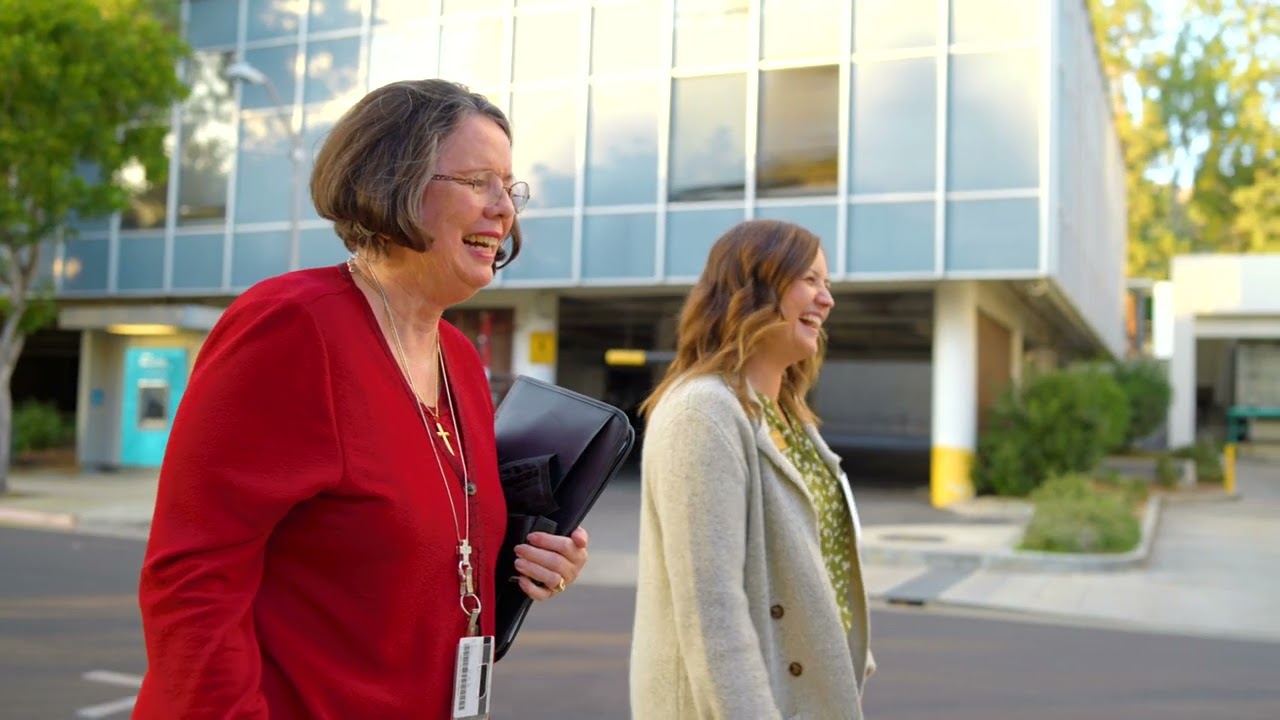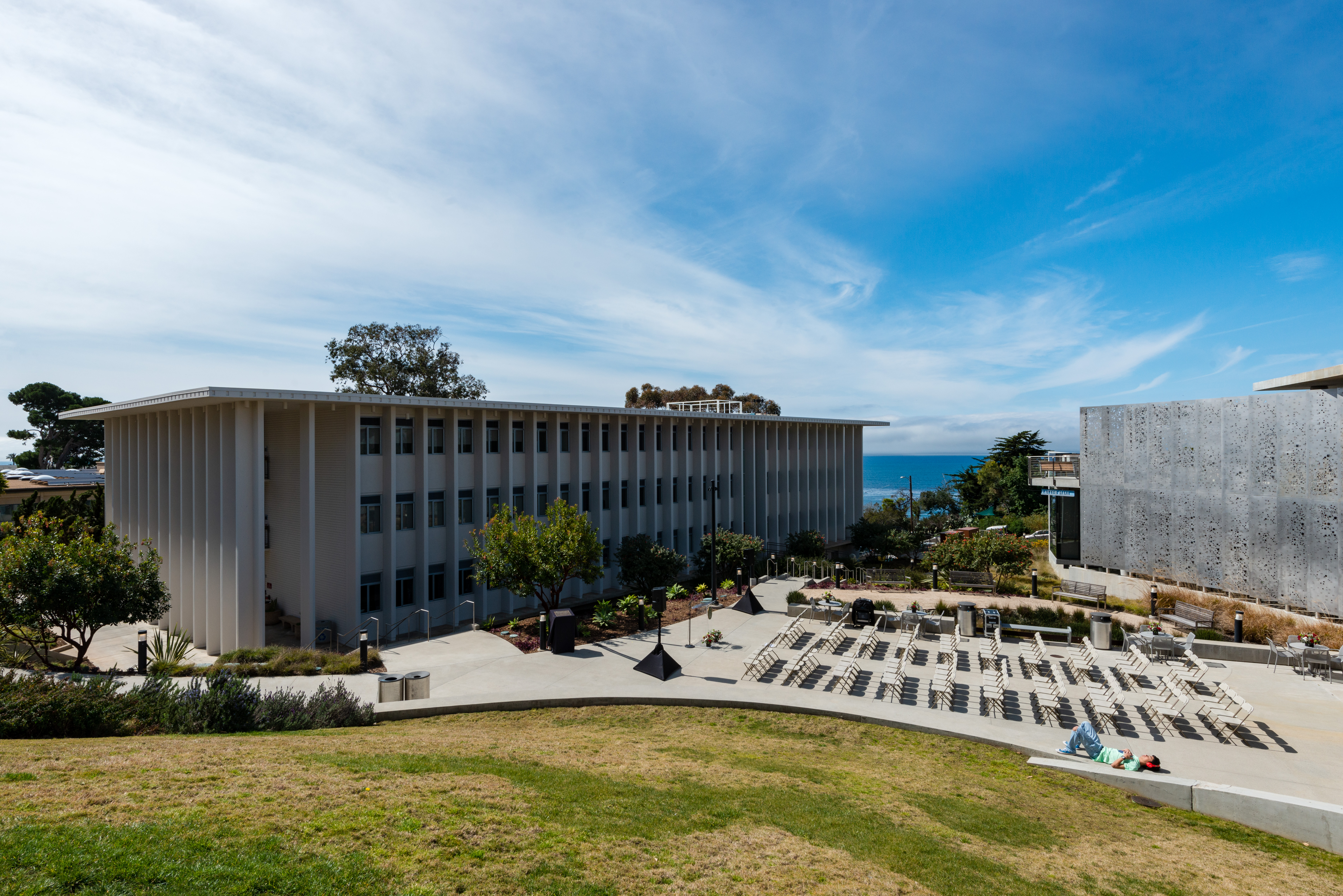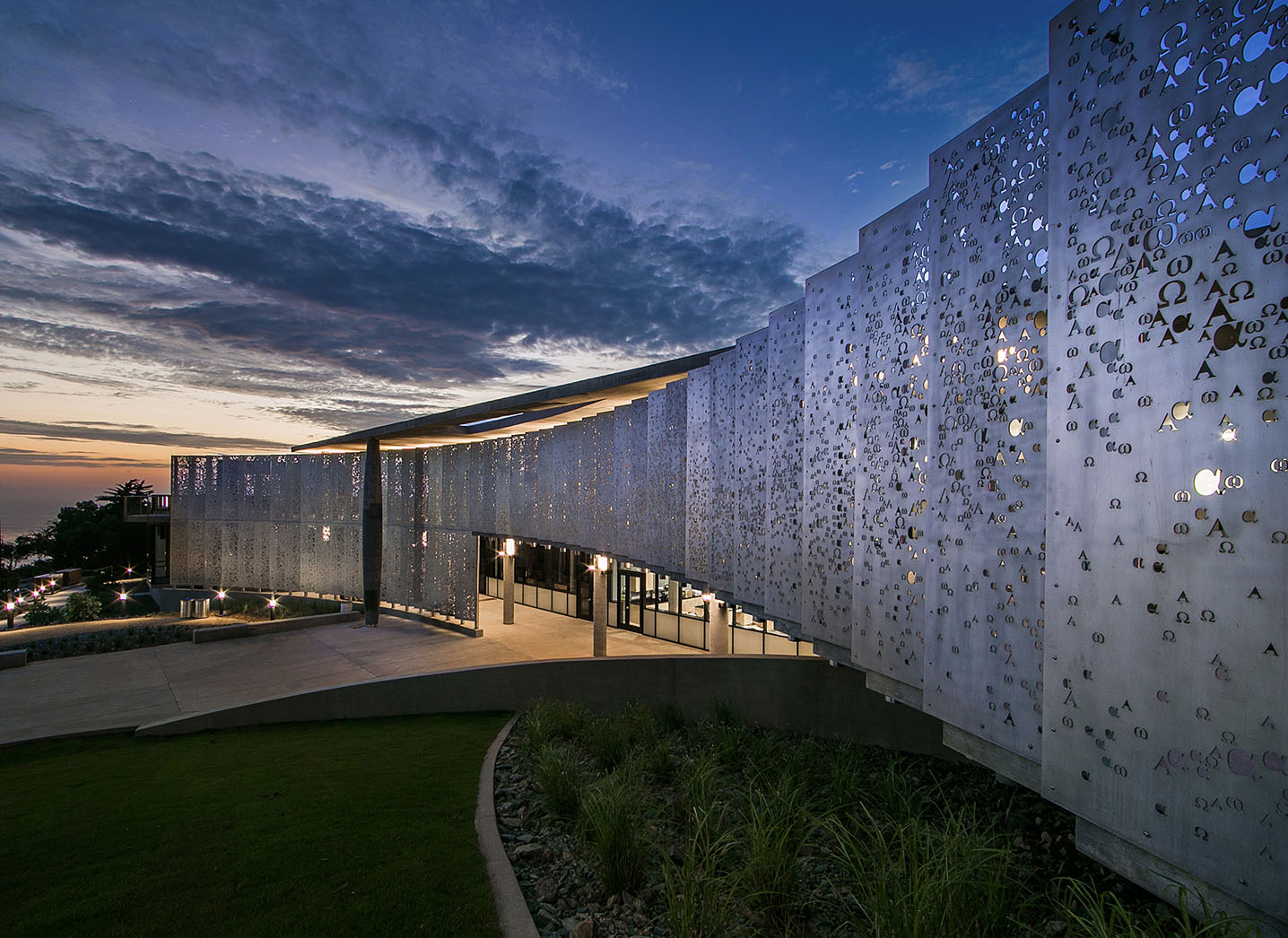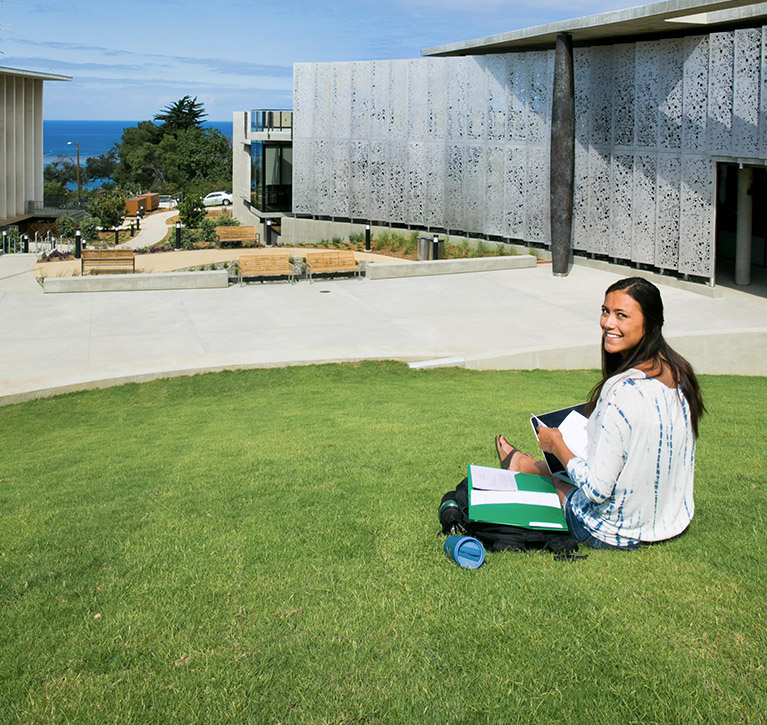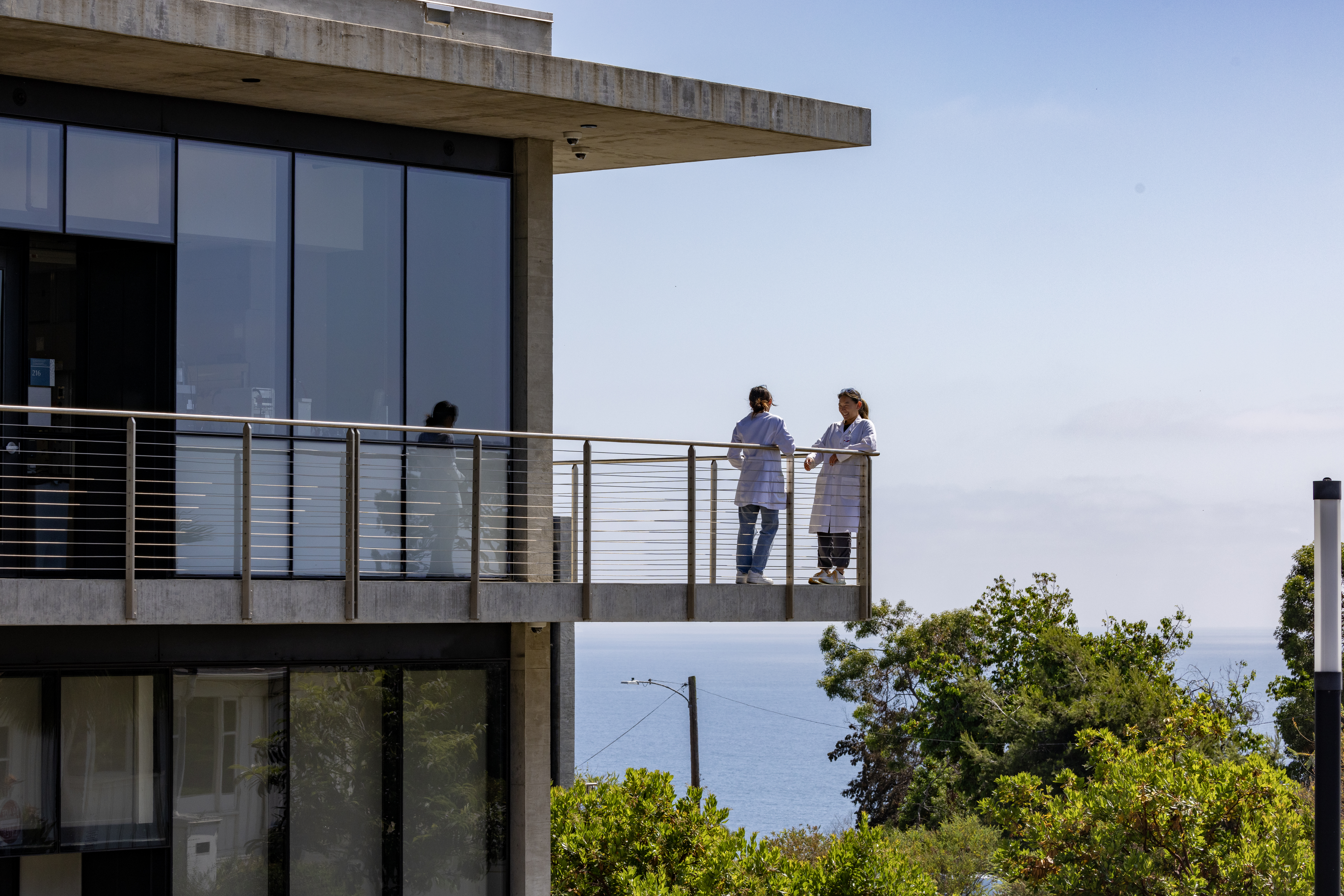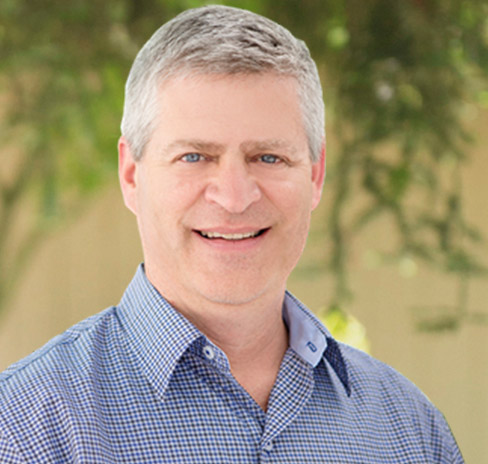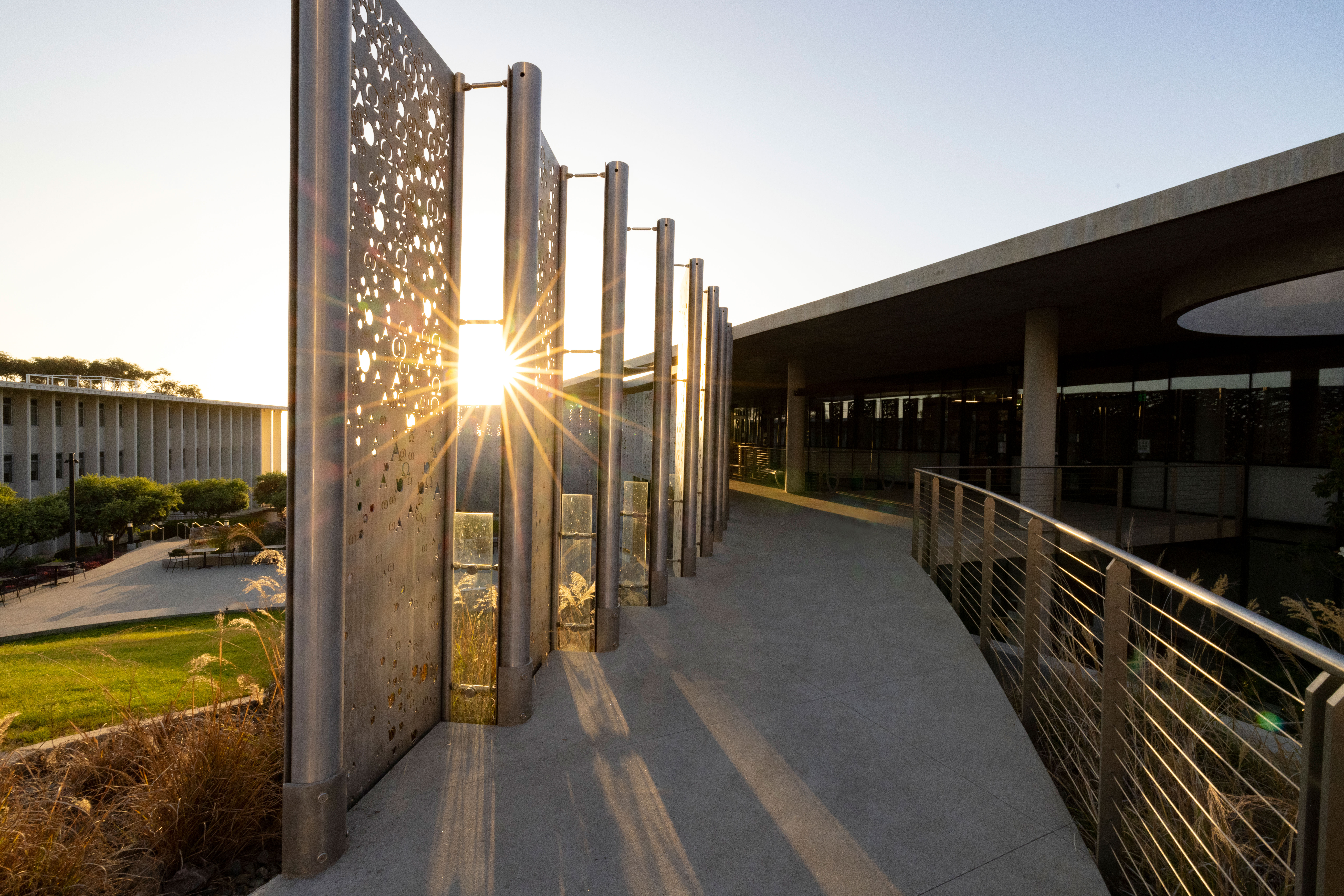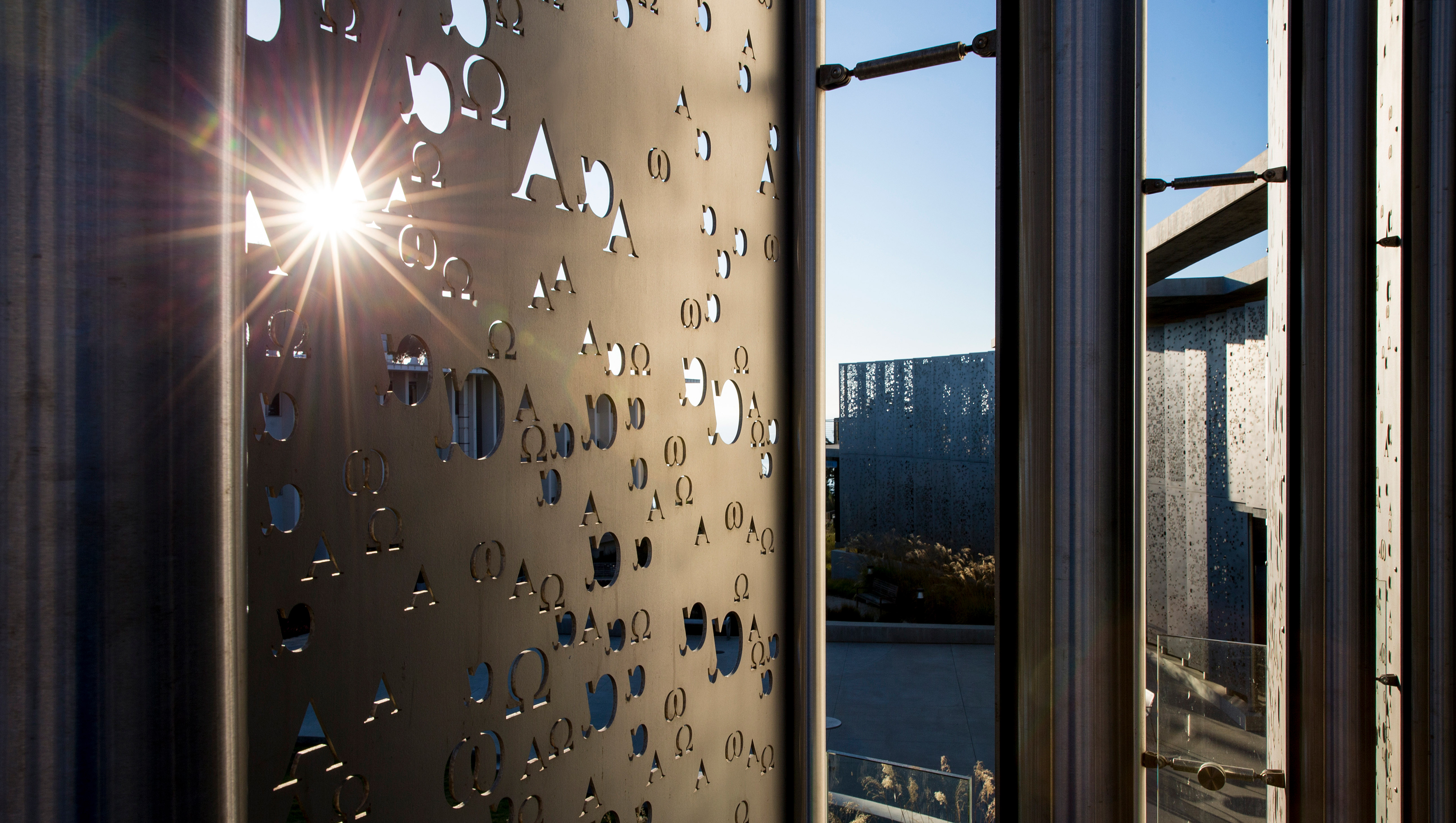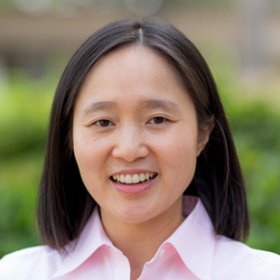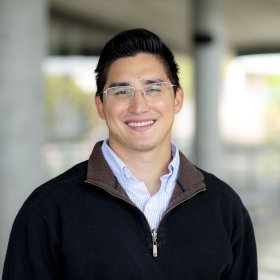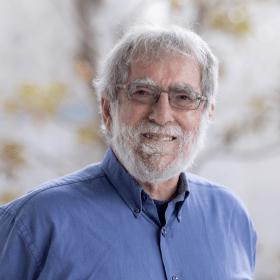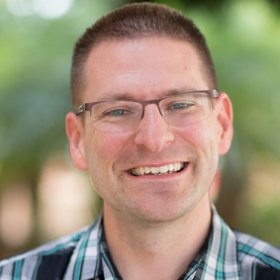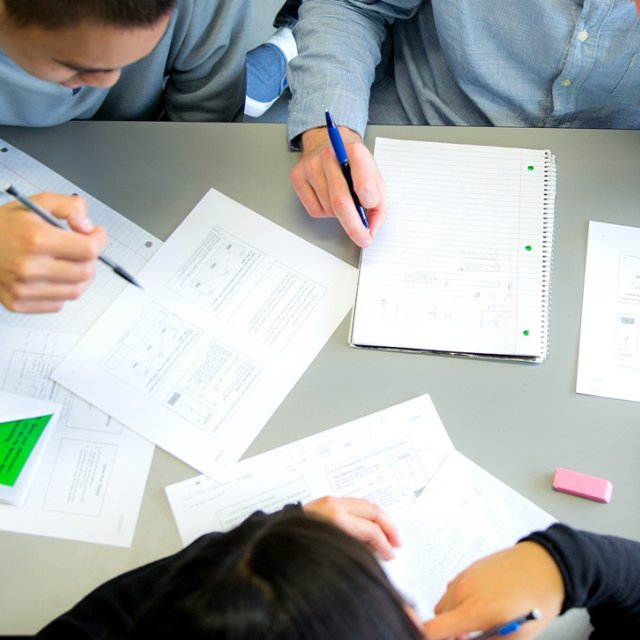PLNU’s Physics B.S. offers a rigorous and comprehensive foundation in classical and modern physics, advanced mathematics, and computational methods. Designed for students pursuing graduate study or highly technical careers, the B.S. emphasizes depth, lab experience, and research. You’ll learn to design and conduct experiments, analyze and interpret data, and communicate complex ideas — all in a collaborative and supportive environment.
Why Choose Physics at PLNU?
Career-Ready Capstone Experience
Physics majors have several options for their senior capstone experience. They can work on a two-semester research project, they participate in a two-semester data science/machine learning project, or they can participate with engineering students as part of a two-semester senior design project team. All of these opportunities allow students to combine the knowledge that they have from their coursework and use it to build a final product. Our recent senior engineering projects have been done in partnership with mission organizations.
Graduate School and Career Preparation
The B.S. track provides greater depth in upper-division physics and mathematics, preparing you for advanced study or technical careers in science, technology, or engineering.
Preparation for Teaching
The B.S. degree provides preparation in physics, mathematics, computing and engineering which equips you to become a secondary school teacher.
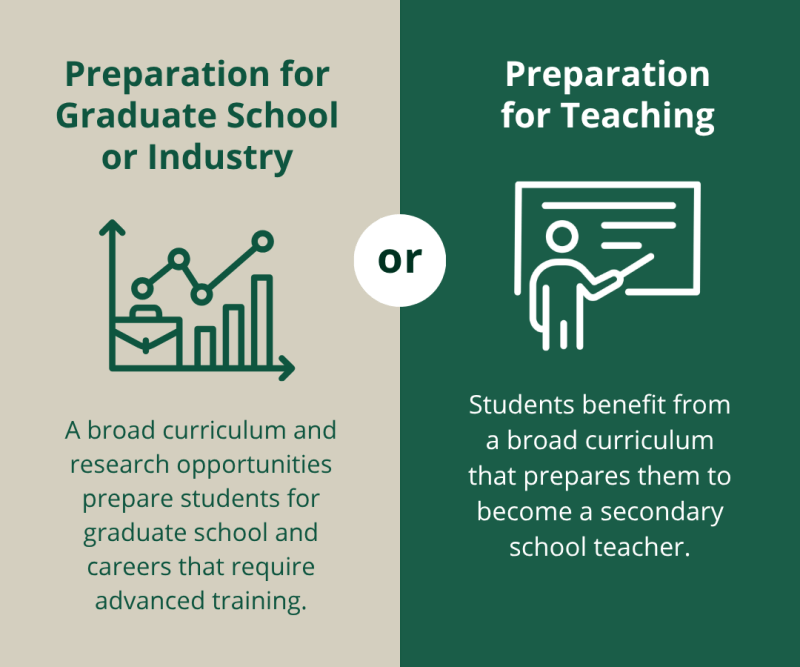

Personalized Mentorship
Small classes and one-on-one faculty advising ensure you’re supported academically and professionally. Faculty also help you explore career options, graduate school preparation, and networking opportunities through departmental career events.
Faith + Future Focus
As you grow in technical expertise, you'll also be challenged to explore how your work in physics can serve people, honor your calling, and make a meaningful impact.
Community Connections
The department maintains strong connections with local organizations, offering students access to entry-level job opportunities, and hands-on projects, including a partnership with the nearby Naval Information Warfare Center Pacific.
What You’ll Study
In addition to general education and core mathematics, you’ll complete extensive coursework in physics, including:
- Mechanics
- Electricity and Magnetism
- Optics and Modern Physics
- Quantum Mechanics
- Thermodynamics
- Computer Programming
The B.S. also requires additional upper-division courses in mathematics and physics, ensuring robust preparation for graduate-level study and research.
Graduates of PLNU’s Physics program pursue careers in:
- Climatology
- Education
- Clinical Scientist
- Industrial Engineer
- Materials Science
- Medical Fields
- High School Teacher
With its advanced coursework, research opportunities, and emphasis on rigor, PLNU’s Physics B.S. prepares you to thrive in graduate school or pursue technical careers that apply physics to today’s most complex challenges.





